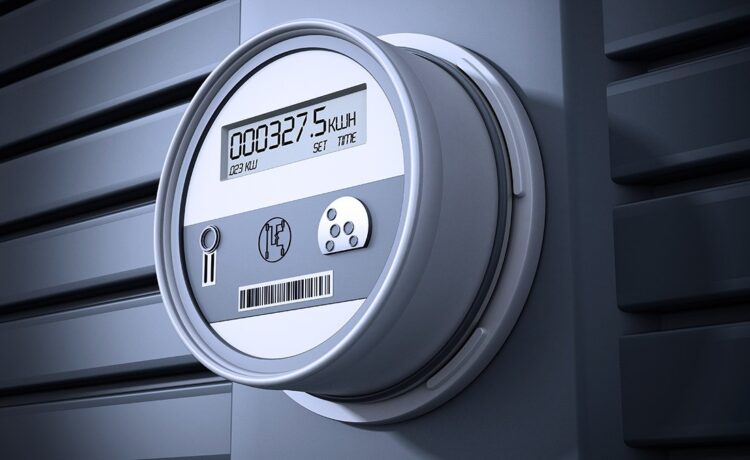Smart meters are becoming an increasingly popular option for businesses looking to manage their energy usage and costs. These devices allow businesses to monitor their energy consumption in real-time, identify patterns, and make adjustments to reduce costs. However, buying a smart meter for your business can be a complex process, and it’s important to understand the do’s and don’ts of buying a smart meter.
Do: Research the Different Types of Smart Meters
There are several different types of smart meters available, and companies like Business Energy Comparison can help you understand the differences between them before making a purchase. The most common types of smart meters include:
- Advanced Metering Infrastructure (AMI) meters: These meters use wireless technology to transmit data to the utility company, and can provide detailed information on energy usage.
- Automatic Meter Reading (AMR) meters: These meters use a wired connection to transmit data to the utility company, and can provide less detailed information on energy usage.
- Submeters: These meters are used to track energy usage in specific areas or equipment, and can provide detailed information on energy usage.
By understanding the different types of smart meters available, you can choose the one that best meets your business’s needs.
Do: Get a Professional Consultation
Buying a smart meter is a significant investment, and it’s important to get a professional consultation before making a purchase. A professional can help you understand the different types of smart meters available, and help you choose the one that best meets your business’s needs. They can also help you understand the installation and maintenance requirements of the smart meter, and can provide you with a quote for the cost of installation.
Do: Compare Prices and Features
Smart meters are not a one-size-fits-all solution, and it’s important to compare prices and features before making a purchase. Compare prices from different vendors, and make sure to compare the features of the smart meters, such as the data collection interval, accuracy, and the ability to track energy usage in real-time.
Don’t: Skimp on Quality
When it comes to buying a smart meter, it’s important not to skimp on quality. A cheap smart meter may save you money in the short term, but it may not be as accurate or reliable as a more expensive one. It may also require more frequent maintenance or repairs, which can end up costing more in the long run.
Don’t: Forget about Cybersecurity
Smart meters transmit data wirelessly, which makes them vulnerable to cyber-attacks. It’s important to consider the cybersecurity features of the smart meter you choose and ensure that it is protected against hacking and other cyber threats. This includes choosing a smart meter that has been certified by a recognized security standard and choosing a vendor that has a good reputation for cybersecurity.
Don’t: Neglect the installation process
Installation of the smart meter is a crucial step in the process of buying it. The installation process must be done by a qualified professional, and it’s important to ensure that the smart meter is installed correctly to avoid any errors or problems with the data that is being collected. The installation process also includes ensuring that the smart meter is connected to your business’s energy management system.
Conclusion
Buying a smart meter for your business can be a complex process, but by understanding the different types of smart meters available, getting a professional consultation, comparing prices and features, and not skimping on quality, businesses can ensure they are making an informed decision. It’s also important to consider cybersecurity and the installation process when buying a smart meter.







